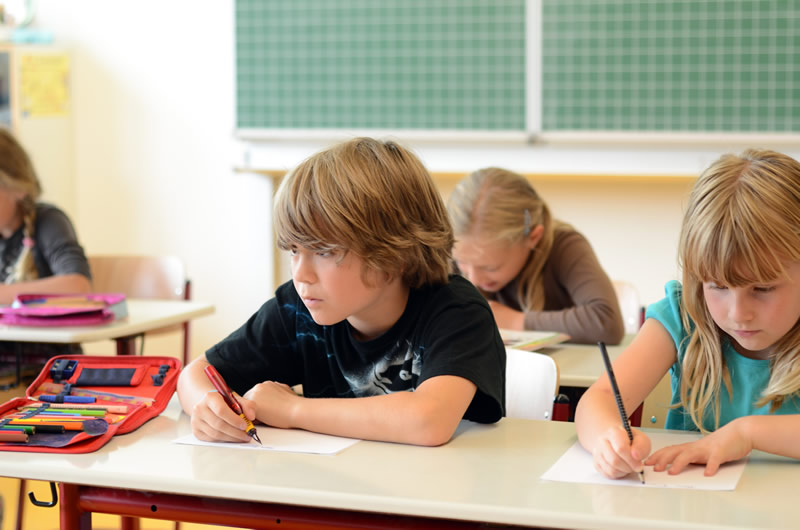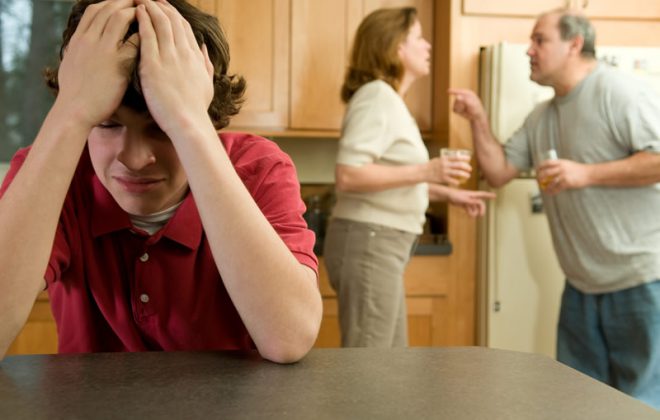Ep8 – The Primary School Years
Sending a child off to ‘big school’ is often an emotional event for parents. Seeing them on their first day in kindi, wearing an actual school uniform and heading into a playground with children up to twice their age is a big leap for children and parents alike. It is also a step down in the supervision and support they are receiving. How will they cope? How do I know they are going to be safe? What if they get bullied?
Key points
- Help them achieve control over their emotions
- Adapt your guidance to their temperament
- Aim for them being content, confident and socially adept
The rules of play
Fostering their ability to achieve control over their emotions and to deal with the challenges they face is the way to go.
Primary school aged children soon develop an acute sense of the rules of play and interaction with others, and they will attempt to negotiate these rules with their peers in order to get along.
By the time your child is at school, he or she will have a highly developed set of social skills. However, the leap to ‘big school’ presents a new level of social challenge. You are not around as much anymore, and school comes with a new and stricter set of rules. There is a jump in academic and social expectations. Your child needs to step up to the social plate here and be ready for what life pitches to him or her.
Temperament
How well they are able to cope with school (and also other times of increased expectations) will relate back to their own temperament, and how well their social skills have developed up to this point.
If you have a sensitive child, you may need to give them more support and guidance. Examples of this may be asking regularly about how school went, advising what different interactions with others meant, and, if appropriate, different ways they could have handled them.
If you have more impulsive child, warmth+guidance rather than discipline will work better. I know this is often difficult—it’s hard to be warm when your kid has got your blood up.
However, if you can stick to your guns it will pay off in the end—over the long haul this approach will make it more likely they will respect what we have to say and take notice of it (this is an interesting prelude to the morass of the teenage years…)
Self control
How well your child responds to the jump in expectations that comes with school will basically depend to how well they have developed self-control, particularly emotional self-control.
If they can keep their ‘hands on the rails’ of the emotional roller-coaster, they will feel better about themselves and have a more positive outlook. This is a useful insurance against nasties like anxiety. By ten years of age, your child should even be able to develop their own strategies in response to emotionally challenging situations.
An example of this may be ‘I knew Sharon was trying to tease me about my hair, so I just pretended I couldn’t hear her and distracted myself by thinking of Lady GaGa’s new song.’
Play age vs School age
One of the starkest differences between the play age and school age is the approach to imagination and rules while playing. A preschooler’s play has the imagination dial turned up to 11, and rules are kind of taken for granted. For the primary school child, however, rules rule. While play may still involve imagination, the rules now are central.
Picture a group of eight year olds discussing the rules of a chasings or hide-and-seek. They will go on for ages! It also might end up with someone in a huff, and another storming off, even before the game starts. The expression ‘taking his bat and ball and going home’ comes to mind.
Why do they do this?
By establishing rules, our children are extending their ability to not only control their own emotional selves, but also their environment, including other children.
They are expanding their bubble of development to include more advanced skills such as organising, adapting to unforeseen challenges and knowing what their goals are. They may have to co-ordinate these actions with others, or try and get past or block the objectives of opponents.
Play is still practice for life, just more complex practice for more complex situations. What they learn playing board games, chess or football may be preparing them for boardrooms or dinner parties in adulthood.
Towards the end of primary school, these increasingly flexible thought processes and social abilities will allow your child to begin to think abstractly; that is, not related to the real world at all.
Into the teenage years this can lead to true creativity, which requires both flexibility of thought and the ability to think in abstract terms.
So, let’s work really hard on our children’s social development, and turn them all into creative geniuses! Hmm, maybe not. Let’s just aim for them being content, confident and socially adept.





